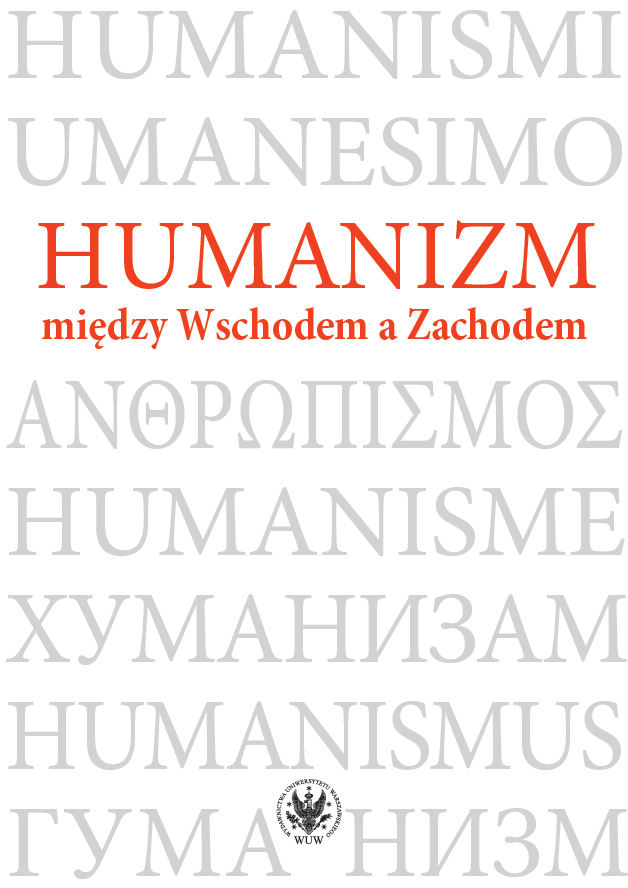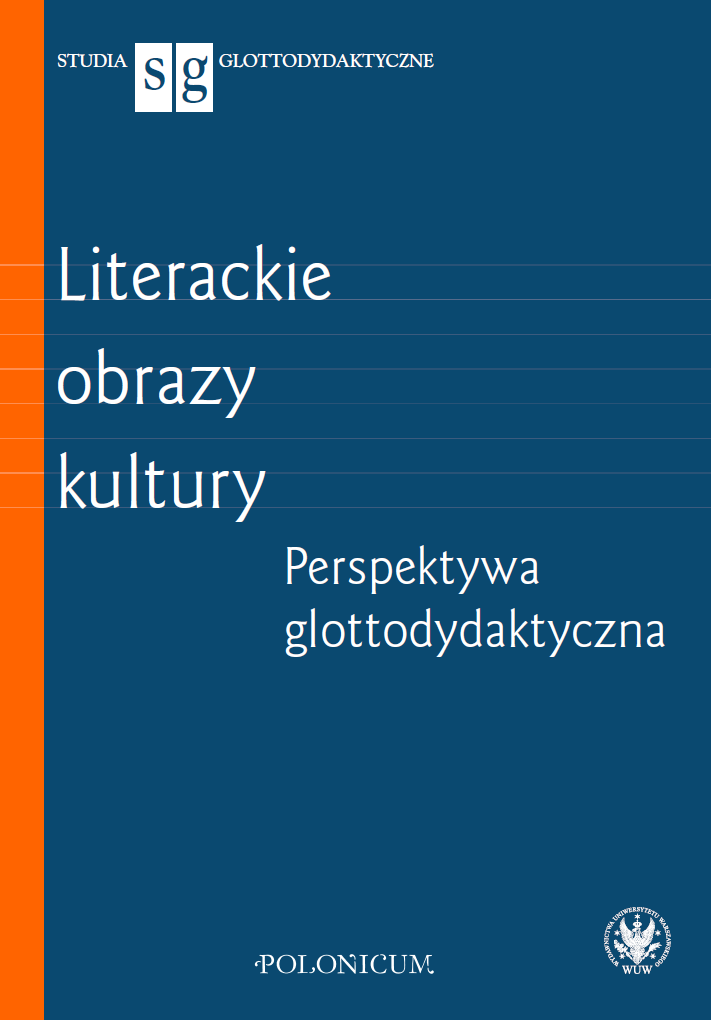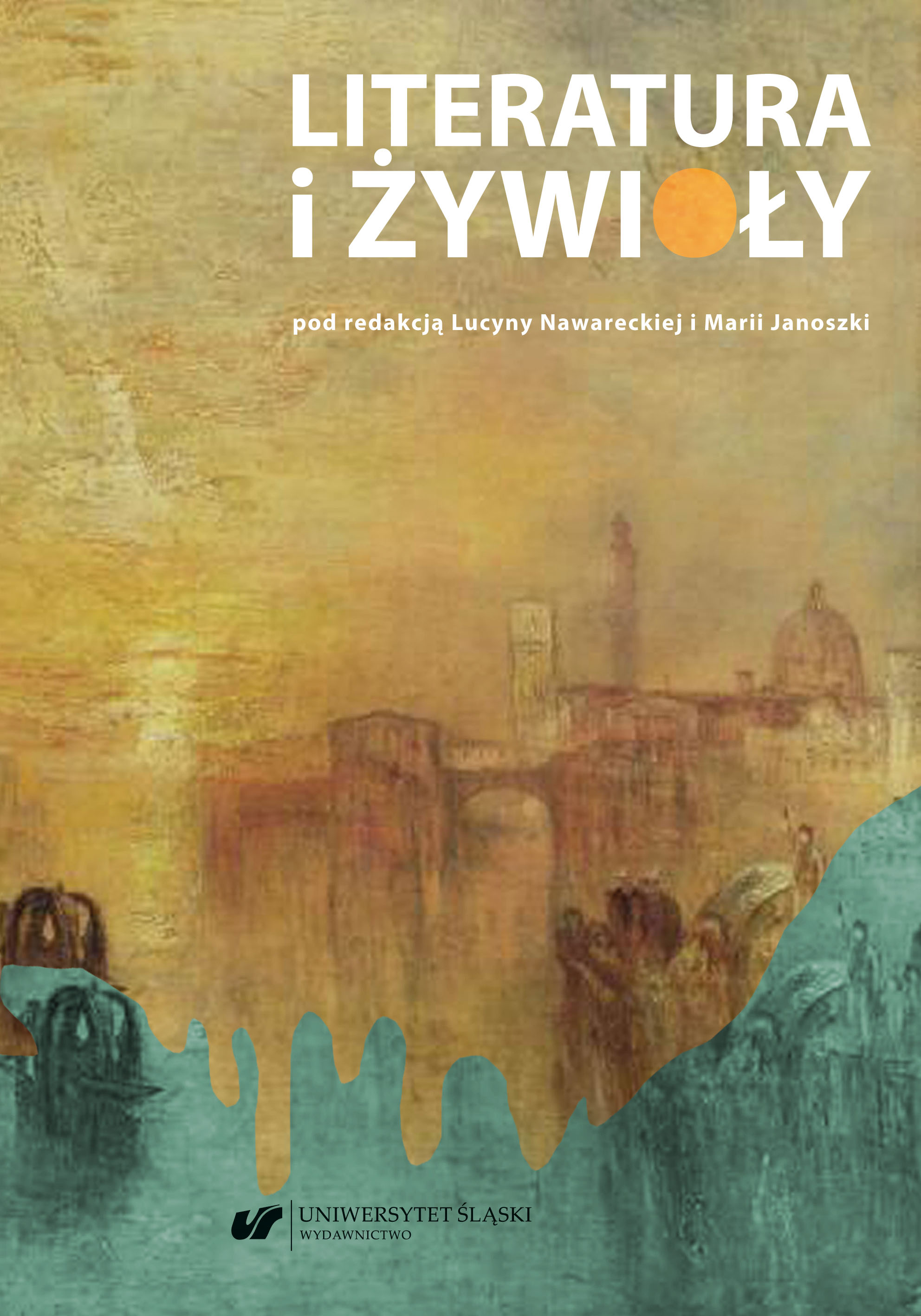
Judyta z Baru, Judyta z Betulii. Bohaterka Księdza Marka w kontekście tradycji biblijnej, staropolskiej i romantycznej
The paper discusses Judith, a character in Juliusz Słowacki’s drama Ksiądz Marek (1843), in the context of biblical tradition. First, the biblical Book of Judith, including its Old Polish and Romantic renderings, is discussed. Then, Słowacki’s interpretation of Judith’s story is presented. Słowacki combines the traditional and the romantic visions of the character, who has been interesting for the artists for ages because of her contradictions: she is a female warrior, pious and noble, although she fights in a controversial way that includes ruse. Słowacki’s Judith lives in the Polish-Lithuanian Commonwealth and – similarly to other romantic renderings – is a complicated, individualized character with her internal conflicts more important than political battles. Although the heroine fails and her city falls, she eventually wins in the spiritual dimension and reconciles the contradictions – in accordance with the Medieval and Early Modern interpretations. For Słowacki, similarly to the traditional reading, the story of Judith is a historiosophic parable about human contribution to the God’s plan.
More...

